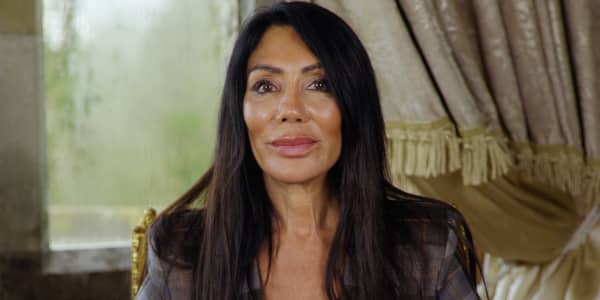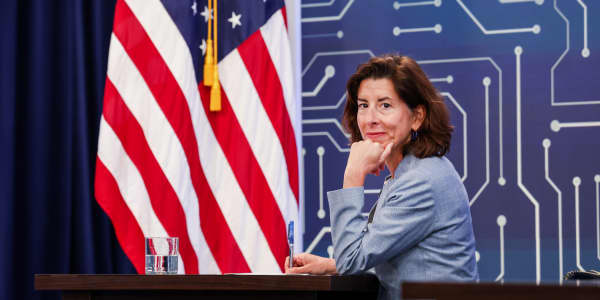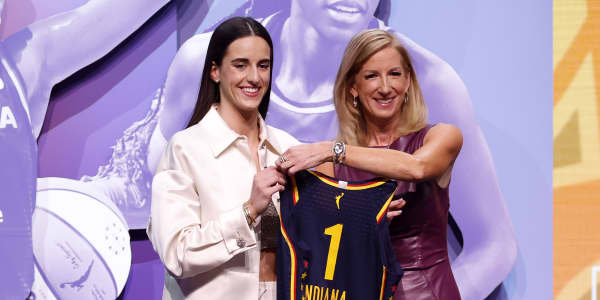A private equity-like fund backed by for-profit investors, governments and others could be the key to solving the developing world's most vexing health issues.
At least corporate heavyweights including Jamie Dimon, Bill Gates and large drug makers think so.
JPMorgan Chase, the Bill & Melinda Gates Foundation and partners including GlaxoSmithKline and Children's Investment Fund Foundation have launched an innovative investment fund focused on late-stage healthcare technology trials.
The now-$94 million Global Health Investment Fund will give money to final-stage drug, vaccine and medical device studies that are otherwise stalled at companies because of their relatively high failure risk and low consumer demand. Examples of problems that could be addressed by the fund include malaria, tuberculosis, HIV/AIDS and maternal and infant mortality, according to the Gates and JPMorgan led-group.
(Read more: )
The new fund is technically for-profit and aims to attract investors—including wealthy clients of JPMorgan's private bank--who might otherwise simply donate money toward similar causes. The model also adds to the money for such funding that philanthropy alone cannot provide.As many as 200 products are currently stalled in the final stage of trials, according to the organizers.
"The [Fund] demonstrates the potential for innovative collaborations and thoughtful financial structures to mobilize new sources of capital for social challenges," said JPMorgan CEO Dimon in a statement. "This product brings a diverse group of investors together around the shared objective of developing life-saving technologies in a financially sustainable way."
The fund will provide a form of mezzanine debt funding to pharmaceutical companies and others. But unlike a traditional mezzanine or private equity fund, the carry--20 percent of profits--will be recycled back into global health development, according to the group'swebsite.
Investors can expect an estimated 5 percent to 8 percent total return, according to organizers. There's also loss protection, similar to bond insurance.
The first 20 percent of loss is covered by the Gates Foundation and the Swedish International Development Cooperation Agency. Investors also only have to cover 50 percent of any additional losses.
About 80 percent of drugs that enter final stage trials pass, according to CenterWatch, which tracks such testing. Drugs from the U.S. also face Food and Drug Administration approval, another hurdle. Overall, about one in five drugs that enter clinical trials receive FDA approval.
(Read more: The race for next-generation Alzheimer's drugs)
The fund will pay investors as the drug makers successfully bring some of the products to market and sell them at full price to developed country consumers—such as military members and tourists travelling in developing markets. Individuals in poor countries would receive the same products at-cost.
Gates had success speeding up the development and distribution of meningitis vaccine MenAfriVacTM through a partnership with PATH and the World Health Organization. Launched in 2010, the vaccine costs less than 50 cents a dose and more than 100 million people in six African countries received the vaccine since. Meningitis has fallen significantly in the countries as a result.
Lion's Head, a London- and Nairobi-based asset manager specializing in sustainable development, will invest the portfolio in consultation with the effort's partners. Other investors include the International Finance Corporation, Merck, The Pfizer Foundation, Challenges Canada, the German Ministry for Economic Cooperation and Development and undisclosed wealthy individuals.
"As the first investment fund dedicated to global health R&D, GHIF has the potential to make a real impact on the health of underserved populations," said Jeffrey Chodakewitz, vice president of global clinical development at Merck, in a statement. "The fund's unique ability to advance science while seeking to provide a reasonable return to investors aligns closely with Merck's own commitment to discovering innovative solutions to the world's greatest health challenges in a sustainable way."
(Read more: )
Organizers hope the financing model will catch on with private investors.
"Relatively little investment goes to the development of new drugs, vaccines and diagnostics specifically targeted at children in developing countries where child mortality is most dire," said Jamie Cooper-Hohn, chair of the Children's Investment Fund Foundation (her husband, Chris Hohn, runs multi-billion dollar activist hedge fund firm The Children's Investment Fund Management, or TCI) .
"CIFF is very pleased to be a major investor into the [fund],which promises to deliver new finance and focus to this neglected area," Cooper-Hohn added in the statement.
Another private investor in the fund is Molly Gochman. An artist and advocate against human trafficking, Gochman invested via a donor advised fund at the Greater Houston Community Foundation after JPMorgan approached her and the nonprofit.
"I am very interested in finding return beyond the financial. I want assets that I steward to achieve greater social impact than many traditional investments currently offer," Gochman said. "The Gates Foundation eased many of my concerns around risk by stepping up to provide safety nets to investors. I can't think of better global health partners to lead the way."
—By CNBC's Lawrence Delevingne. Follow him on Twitter @ldelevingne.






